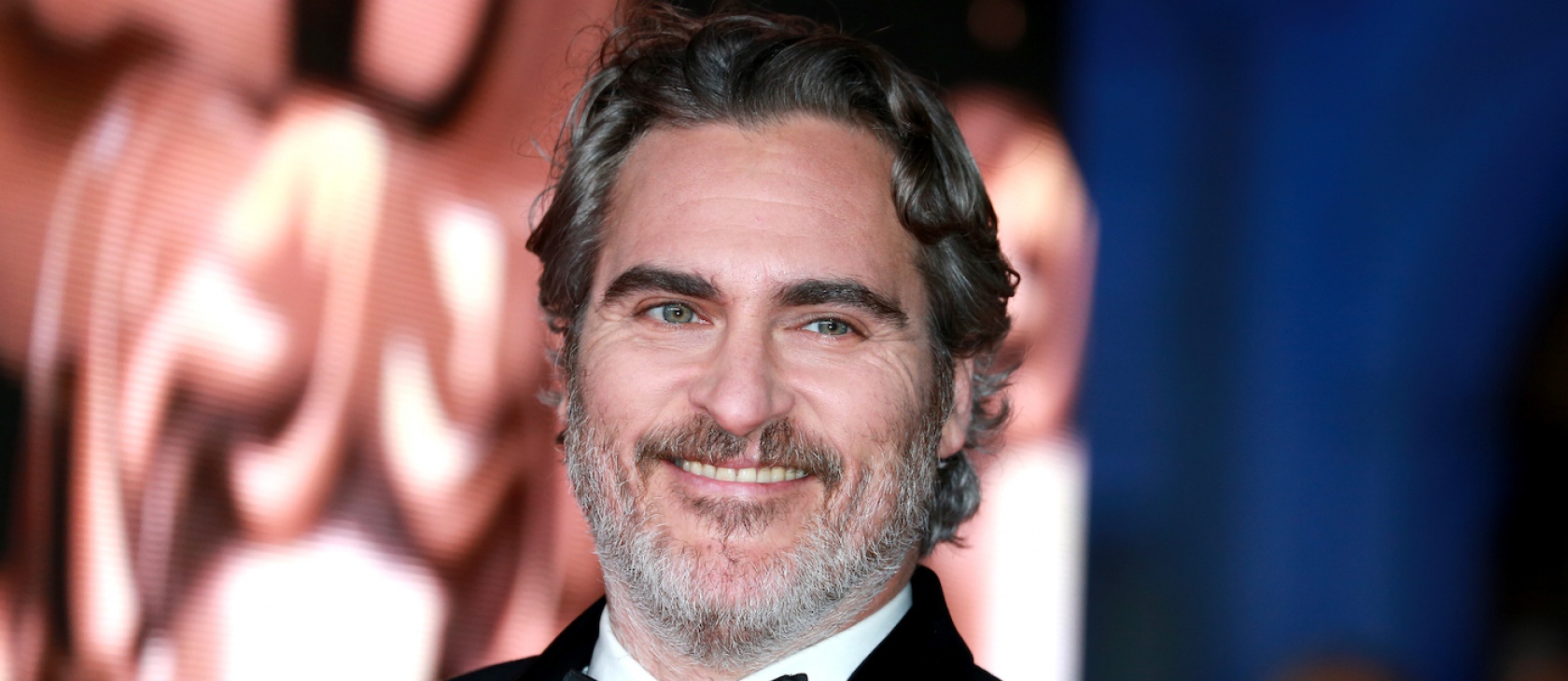Actor Joaquin Phoenix has been lambasted for his acceptance speech at the 2020 Academy Awards, in which he lent the weight of his celebrity to stamping out the grave evil of domesticating cattle. However, Phoenix made a vital, if less noticed, point that every person should accept and appreciate.
It’s worth saying at the outset that this is not to say that the condemnation of Phoenix, who accepted an Oscar for his leading role in Joker, came undeserved. After rehearsing the usual bromides, he branded the use of milk an “injustice” akin to racism, imperialism, and misogyny. These evils share a “commonality,” in his view: “the belief that one nation, one people, one race, one gender, one species, has the right to dominate, use, and control another with impunity.”
Of course, milking a cow is not comparable to the Rape of Nanking. The human rights abuses he listed are wrong because they represent discrimination between human beings who are, according to the Judeo-Christian worldview, invested with equal dignity. The overlapping thrusts of secularism and scientism have eroded the notion that there is a qualitative difference between human and animal life, with potentially dire concerns for human rights. (See Wesley J. Smith’s A Rat is a Pig is a Dog is a Boy.)
But buried in the midst of Phoenix’s categorial error was a statement worth hearing even by those outside the (shrinking) global audience watching the Oscars:
We fear the idea of personal change, because we think we need to sacrifice something; to give something up. But human beings at our best are so creative and inventive, and we can create, develop, and implement systems of change that are beneficial to all sentient beings and the environment.
Joaquin Phoenix was right: The human race has been expertly adept at creating new technologies and innovations that benefit our fellow humans first, then all of the planet. We dedicated a recent issue of Religion & Liberty to this topic. Likewise, Matthew Lesh of the Adam Smith Institute pointed out, the U.S. and UK have been producing more goods with fewer resources for decades:
This has come about because of market incentives to produce larger yields using fewer resources, to meet consumer demand for environmentally friendly products, and to assure the health of their customers for repeat sales.
The market has even come up with a solution to Phoenix’s moral conundrum that human beings take cow’s milk “that’s intended for her calf, and we put it in our coffee and our cereal.” Vegan substitutes, such as soy or almond milk, crowd the freezers next to cow’s milk – at least for now.
Their greatest enemy at the moment is not personal inertia or capitalism, but government regulation. A coalition of dairy industry lobbyists and regulatory-minded politicians would like to prevent these companies from calling their products “milk.” They argue that cow’s milk and almond milk do not have identical nutritional profiles.
Regulators even say with a straight face that shoppers may not understand that almond milk does not come from a cow. An Arkansas lawmaker said the move would only harm industries that want to “deceive the public about how their food originated.” Not to be outdone, U.S. Senator Tammy Baldwin (D-WI) introduced the DAIRY PRIDE (Defending Against Imitations and Replacements of Yogurt, milk, and cheese to Promote Regular Intake of Dairy Everyday) Act in 2017 and 2019, to stop vegan alternatives from using the word “milk” in their marketing. "Imitation products have gotten away with using dairy’s good name for their own benefit, which is against the law," she said.
To make matters worse, the legal framework to deplatform almond milk already exists. FDA regulations define milk as a “lacteal secretion … obtained by the complete milking of one or more healthy cows.” And as Scott Gottlieb, then-commissioner at the FDA, helpfully revealed, “an almond doesn’t lactate.”
Of course, these are solutions to problems that don’t exist. Everyone knows that milk alternatives come from almonds, soy, oats, rice, etc. That is their selling point. People who are lactose intolerant, or vegan, specifically seek out these alternatives. Indeed, when faithful members of the Eastern Orthodox Church give up dairy products during Lent, many will turn to these substitutes until Pascha (Easter). It’s not a bug; it’s a feature.
One would be tempted to think these arguments for regulation is a piece of performance art, akin to the time Joaquin Phoenix gave an entire interview to David Letterman in character. They even echo The Simpsons’ parody of Pulp Fiction, when Chief Wiggum and police officers are confused that McDonald’s calls its dairy products “shakes” instead of “partially gelatinated, non-dairy, gum-based beverages.” (“‘Shakes,’” a cop says, shaking his head. “You don’t know what you’re getting.”)
Unfortunately, this backlash typifies what Charles Koch calls “protectionism”: shielding existing industries from start-ups through government regulation. Consider the context: The Dairy Farmers of America announced milk sales fell by $1.1 billion in 2018. At the same time, non-dairy “milk” sales rose by $1.6 billion. “Mislabeling of plant-based products as ‘milk’ hurts our dairy farmers,” Baldwin baldly admitted. Hence, the desire to use government to hinder competitors (and consumers).
Phoenix’s muddled speech produced a gem of truth. Human ingenuity derives from the fact that we are made in the image and likeness of God, sharing in His intelligence and creative drive. It produces a restless desire to improve the world and to meet unmet needs, the very essence of the free market. The greatest threat to these forms of progress is unnecessary government regulation.
(Photo credit: Cubankite / Shutterstock.com. Editorial use only.)














